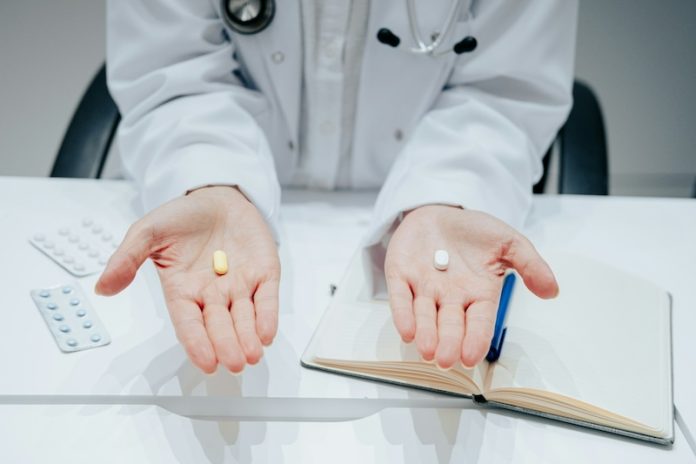
Cholesterol is an important part of your body’s health, but too much of the wrong kind can lead to serious problems like heart disease and strokes.
If your cholesterol levels are high, your doctor might recommend medications to help lower them.
But what do these medications really do, and are they safe? Let’s look at the truth about cholesterol medications based on research and evidence.
Cholesterol is a waxy substance in your blood that helps build cells and make hormones. However, when you have too much low-density lipoprotein (LDL), also known as “bad cholesterol,” it can stick to the walls of your arteries, creating plaque.
This can narrow your arteries and increase your risk of heart attacks and strokes. High-density lipoprotein (HDL), or “good cholesterol,” helps remove LDL from the blood, keeping your arteries clear.
For people with high cholesterol, especially those with a history of heart disease or other risk factors, medications can be an effective way to manage it. The most commonly prescribed drugs are statins, such as atorvastatin (Lipitor) and simvastatin (Zocor).
Statins work by blocking an enzyme in the liver that makes cholesterol, which lowers the amount of LDL cholesterol in your blood. According to research published in The Lancet, statins can reduce the risk of heart attacks and strokes by up to 25% in people at high risk.
Another type of cholesterol medication is ezetimibe, which prevents the absorption of cholesterol from food in your gut. For people who can’t tolerate statins or need additional help lowering their cholesterol, PCSK9 inhibitors like evolocumab (Repatha) are another option.
These newer drugs target a protein in the liver to help remove LDL cholesterol from the bloodstream and have been shown to lower LDL levels by 50–60%.
While cholesterol medications are effective, they’re not without potential side effects. Statins, for example, can sometimes cause muscle pain, weakness, or liver enzyme changes. Rarely, they may lead to more serious side effects like diabetes in people who are already at risk.
PCSK9 inhibitors, being newer, are still being studied for long-term effects, but they are generally well-tolerated. It’s important to weigh the benefits of lowering your cholesterol against the risks of side effects, which your doctor can help you assess.
Lifestyle changes also play a big role in managing cholesterol. Medications work best when combined with a heart-healthy diet, regular exercise, and not smoking.
A diet rich in fruits, vegetables, whole grains, and healthy fats, like those in nuts and fish, can lower LDL and raise HDL cholesterol. Regular physical activity also helps improve your cholesterol levels and overall heart health.
If your doctor prescribes cholesterol medication, it’s crucial to take it as directed. Stopping your medication without consulting your doctor can cause your cholesterol levels to rise again, increasing your risk of heart problems.
Some people wonder if they can eventually stop taking these drugs, but this depends on your overall health, lifestyle changes, and how your cholesterol levels respond over time.
Practical tips to lower high blood cholesterol
Ask Questions: If your doctor suggests cholesterol medication, ask about its benefits, potential side effects, and how it fits into your overall health plan.
Combine Medication with Lifestyle Changes: Focus on eating a heart-healthy diet, exercising regularly, and quitting smoking if you smoke.
Stick to the Plan: Take your medication as prescribed and follow up with your doctor for regular blood tests to monitor your cholesterol levels.
Be Honest About Side Effects: If you experience side effects, tell your doctor. There may be alternative medications or ways to manage them.
Track Your Progress: Keep a record of your cholesterol levels, diet, and exercise habits to see how your efforts are paying off.
Cholesterol medications are a powerful tool for preventing heart disease and strokes, especially when combined with a healthy lifestyle. By working closely with your doctor and making smart choices, you can protect your heart and enjoy a healthier life.
If you care about heart health, please read studies that vitamin K helps cut heart disease risk by a third, and a year of exercise reversed worrisome heart failure.
For more health information, please see recent studies about supplements that could help prevent heart disease, stroke, and results showing this food ingredient may strongly increase heart disease death risk.
Copyright © 2025 Knowridge Science Report. All rights reserved.



